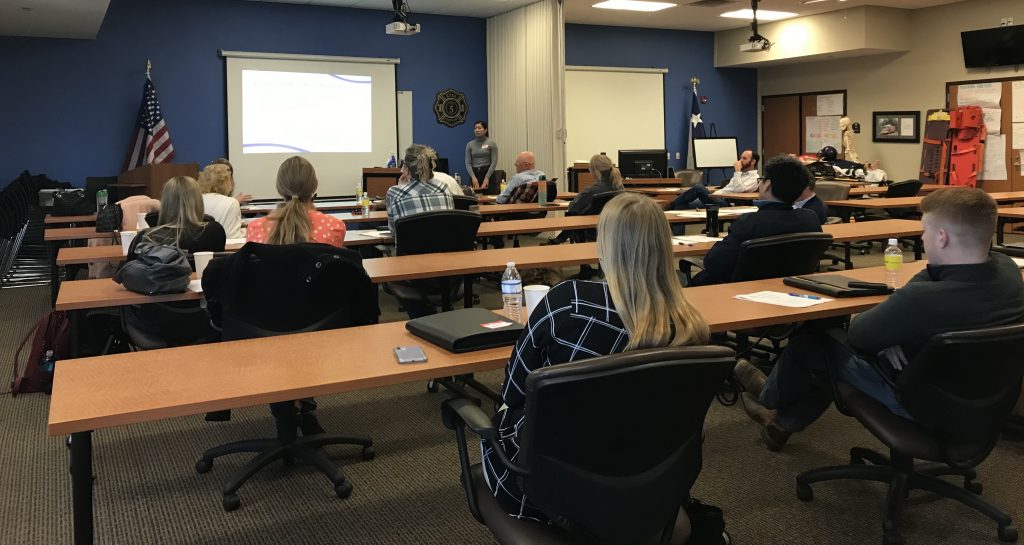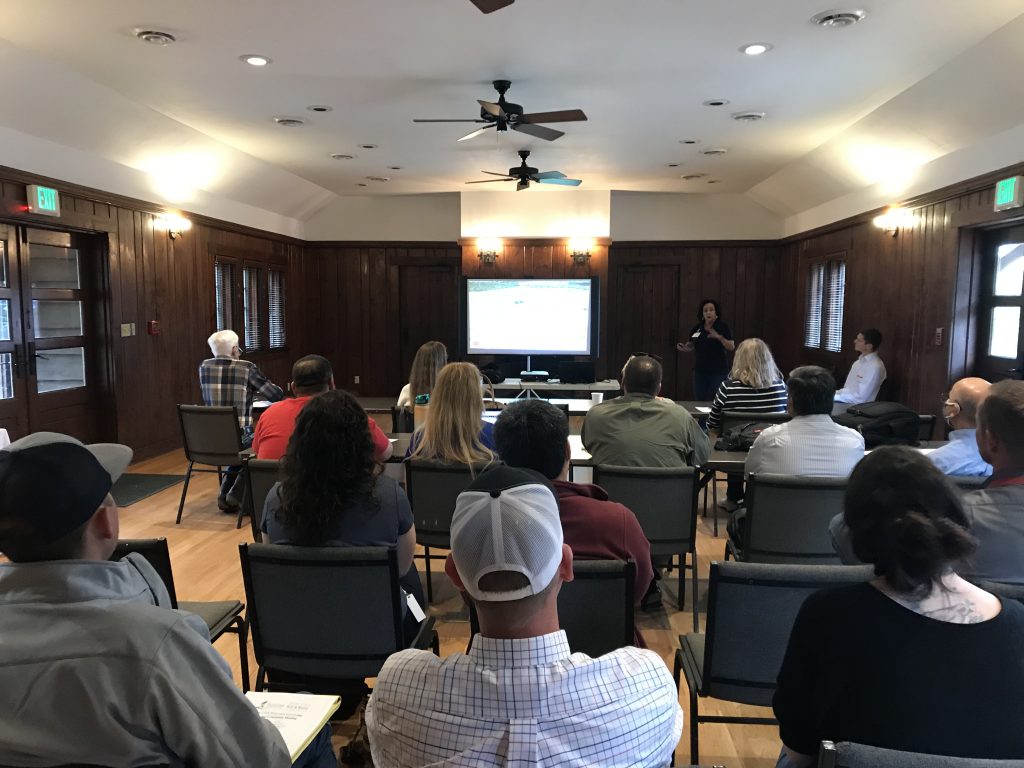



Above is a recording of the Plum Creek Watershed Partnership’s most recent On-Site Septic Facility Workshop, recorded December 2022. This virtual OSSF Workshop was intended to help homeowners understand their home wastewater system and provide basic knowledge on the installation, operation and maintenance of the different home septic systems. Both aerobic systems and conventional septic systems were discussed in the workshop. Stay connected to see more helpful content like this in the future.